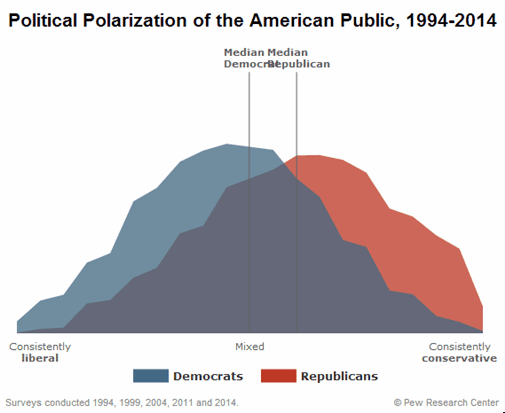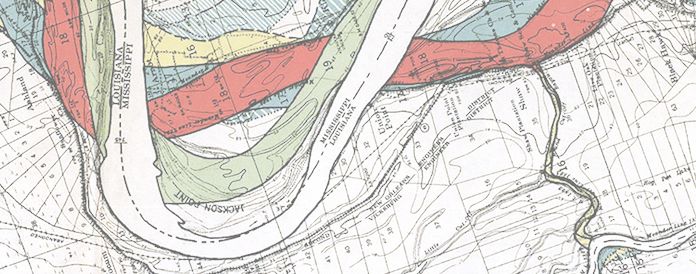Mrs.Anteater
Just keep going....
I just watched an interesting documentary with that title ( in German). They were looking at how people today seem to tend to have extreme positions and the tendency of families and friendships breaking up over issues like the vaccinations. They had a media specilist and a communications psychologist commenting. One interesting comment with regards to social media and internet in general, was:
Today, scrolling through the social media and the internet for half an hour, one sees a multitude of small and larger conflicts. The social media are living off polarizing to get reactions. They aim at existing archaic instincts in us.
And:
Todays world has never been like this before. We suffer of a constant overdose of world events which constantly confront us with large and small ideologies. Having just browsed through the internet with it’s ongoing aggressive discussions, one carries that constant irritation into one’s own daily life.
A democracy lives off conflicting opinions and debates and requires active tolerance of that tension between them. Only in a dictatorship there is no conflict, because one has to believe and take what is ordered.
There also was an interesting survey they did: they asked Germans : Can one today speak freely of one’s political opinion?
Interesting was the statistics. In the 1950 ties, about 58% said yes. The numbers rose to 78% between the 1960 ties and into the 80 ties, fell to 66% in 2011 and is now in 2021 at 45%. And that despite the fact that Germany is not a dictatorship and every citizen has still the right to free speech. The reason for that perception, so they suggested, was the high publicity through the internet. While in past years, anything said at the pub only stays within a small circle, today, everything is at risk of being put on the internet being scrutinized by others.
( interesting here, too, - my opinion- that the same one who fear that judgement are likely the ones doing it themselves to others)
Solutions to learn to actively learn better debate:
- Imagine there is a human being at the other end of sending the comment
-learn to hold your breath, hesitate and think first, then send your second thought and not your first
Any more suggestions?
Today, scrolling through the social media and the internet for half an hour, one sees a multitude of small and larger conflicts. The social media are living off polarizing to get reactions. They aim at existing archaic instincts in us.
And:
Todays world has never been like this before. We suffer of a constant overdose of world events which constantly confront us with large and small ideologies. Having just browsed through the internet with it’s ongoing aggressive discussions, one carries that constant irritation into one’s own daily life.
A democracy lives off conflicting opinions and debates and requires active tolerance of that tension between them. Only in a dictatorship there is no conflict, because one has to believe and take what is ordered.
There also was an interesting survey they did: they asked Germans : Can one today speak freely of one’s political opinion?
Interesting was the statistics. In the 1950 ties, about 58% said yes. The numbers rose to 78% between the 1960 ties and into the 80 ties, fell to 66% in 2011 and is now in 2021 at 45%. And that despite the fact that Germany is not a dictatorship and every citizen has still the right to free speech. The reason for that perception, so they suggested, was the high publicity through the internet. While in past years, anything said at the pub only stays within a small circle, today, everything is at risk of being put on the internet being scrutinized by others.
( interesting here, too, - my opinion- that the same one who fear that judgement are likely the ones doing it themselves to others)
Solutions to learn to actively learn better debate:
- Imagine there is a human being at the other end of sending the comment
-learn to hold your breath, hesitate and think first, then send your second thought and not your first
Any more suggestions?






